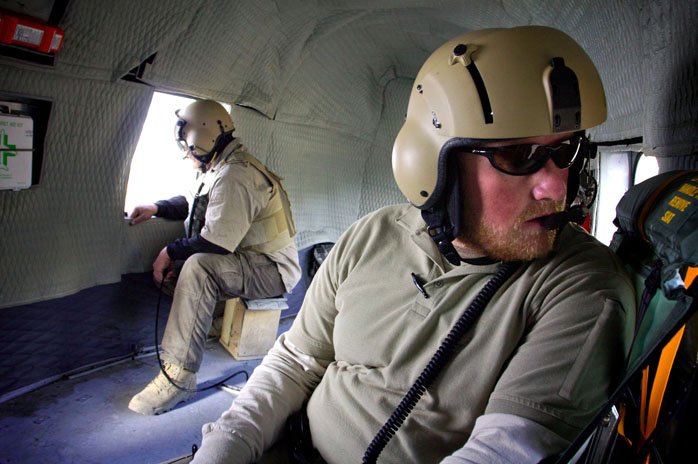As I read more about the withdrawal from Afghanistan, virtually everything I read confirms in my mind the basic points I’ve been making here over the last few weeks. The one possible exception is the withdrawal of US contractors which, we’re told, was key to depriving the Afghan Army of the close air support that gave their ground troops the confidence to meet the Taliban in head to head confrontations. This article in Foreign Policy gives the basic argument.
This seems true as far as it goes. It was at least a significant contributing factor. But it’s also a window into a key part of US military deployments in Afghanistan, Iraq and really everywhere today. The word “contractors” gives the sense that these might be people who you get to renovate your kitchen. Or, more seriously, like staff that big corporations use to run a commissary or dining hall. And there is some of that. But in large part these are jobs that used to be done by uniformed military personnel. In most cases they’re retired military doing similar jobs to the ones they did during their military service – only now for private corporations.
There’s a decades long argument within the military policy world whether this privatization of a major part of US military strength is a good thing for the US military itself. But it plays a particular role in places like Afghanistan. Under President Trump the number of US military personnel in Afghanistan dropped to the lowest numbers yet. But the number of contractors grew dramatically. And Trump’s not the only President to do this.
To a great degree the use of contractors allows the US to turn US military deployments into budgetary decisions that are mostly hidden from view. Contractor fatalities don’t show up as US military casualties. They aren’t reported as the troop deployment numbers that are part of the domestic political discussion.
Now, the US can’t transform a whole military occupation into a contractor job. Many contractors are providing food services, lodging, transporting fuel, etc. But logistics is a big part of what any military does. And a significant percentage of those contractors are armed. What we should understand is that the difference between a US military presence and a contractor presence is more fluid and less meaningful than it likely appears from the outside.
Now, just because this is really a military deployment in all but name doesn’t mean the US couldn’t have kept those people in place and arguably kept the Afghan military going for a bit longer. I’m dubious on that front. What we saw looked like a more total breakdown. But it certainly could have made a difference. My point here is simply that “oh but we should have kept the contractors there” isn’t some trivial, low-lift decision. It’s really just another way to staying in the country.






